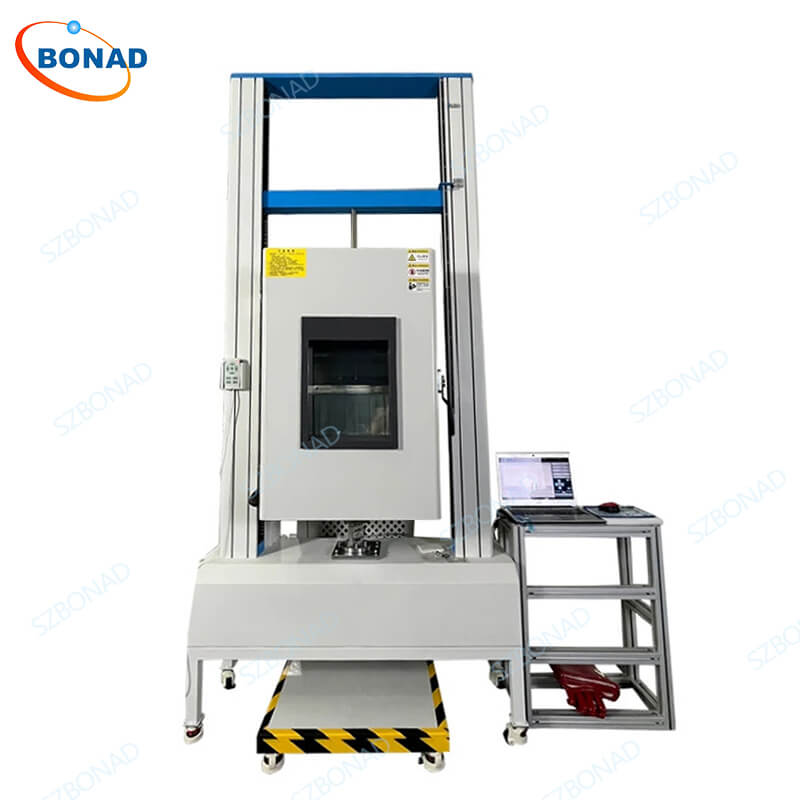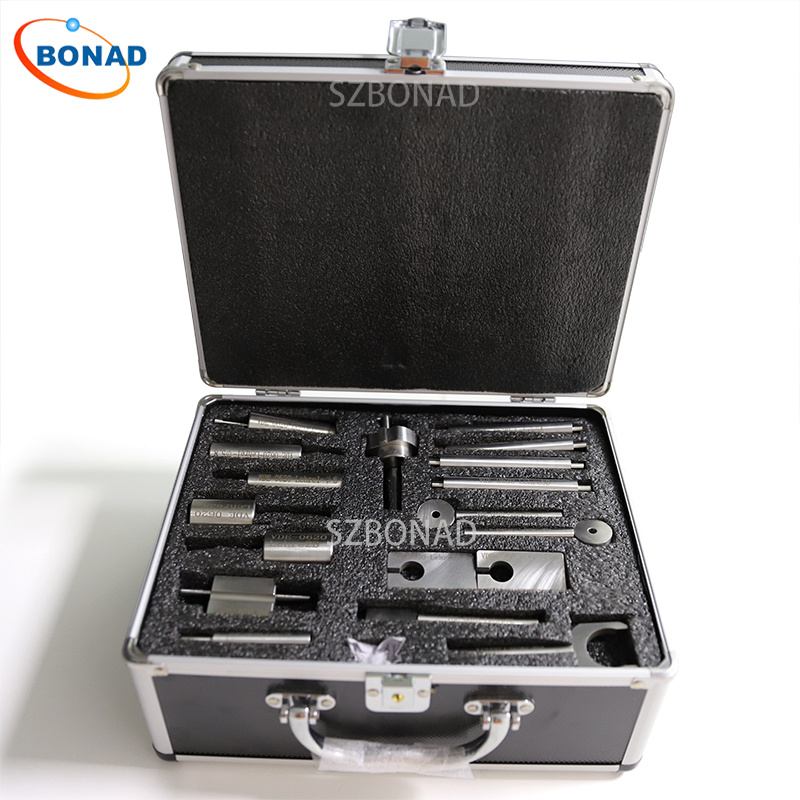Polymer testing is a crucial process for evaluating the characteristics and performance of polymer materials, ensuring their suitability for diverse applications. Polymers, composed of repeating monomer units, are prevalent in industries such as plastics, rubber, fibers, adhesives, and coatings. To guarantee optimal performance and quality, various testing techniques are employed to assess mechanical, thermal, chemical, and physical properties.
Key polymer testing methods include:
- Mechanical Evaluation: This encompasses tensile tests, compression tests, flexural tests, and hardness assessments to determine the polymer’s strength and behavior under different stress conditions.
- Thermal Analysis: Utilizing techniques like Differential Scanning Calorimetry (DSC) and Thermogravimetric Analysis (TGA), this method investigates the polymer’s thermal attributes such as melting point, glass transition temperature, and thermal stability.
- Spectroscopic Examination: Techniques such as Fourier Transform Infrared Spectroscopy (FTIR) and Nuclear Magnetic Resonance (NMR) offer insights into the molecular structure and chemical composition of polymers.
- Rheological Assessment: Rheological testing evaluates the flow characteristics and viscosity of polymers under varying conditions, essential for processing and manufacturing purposes.
- Environmental Resistance Testing: This involves assessing the polymer’s durability against environmental factors like UV radiation, moisture exposure, and chemical interactions.
- Electrical Properties Testing: These tests measure the polymer’s electrical conductivity and dielectric strength for applications in electronics and electrical sectors.
- Flammability Assessment: Evaluating the polymer’s ignition resistance and behavior when exposed to fire or elevated temperatures.
- Aging and Durability Analysis: Investigating the long-term stability and performance of polymers when subjected to aging processes and various environmental conditions.
- Barrier Capability Testing: Assessing the polymer’s effectiveness as a barrier against gases, liquids, or other substances.
BONAD specializes in producing a comprehensive array of testing equipment designed to ensure materials comply with specific standards required for their intended applications. The selection of appropriate test methods and equipment is contingent upon the unique characteristics of the polymer being analyzed. Reach out to us at BONAD to explore our extensive range of testing solutions tailored to your needs.



